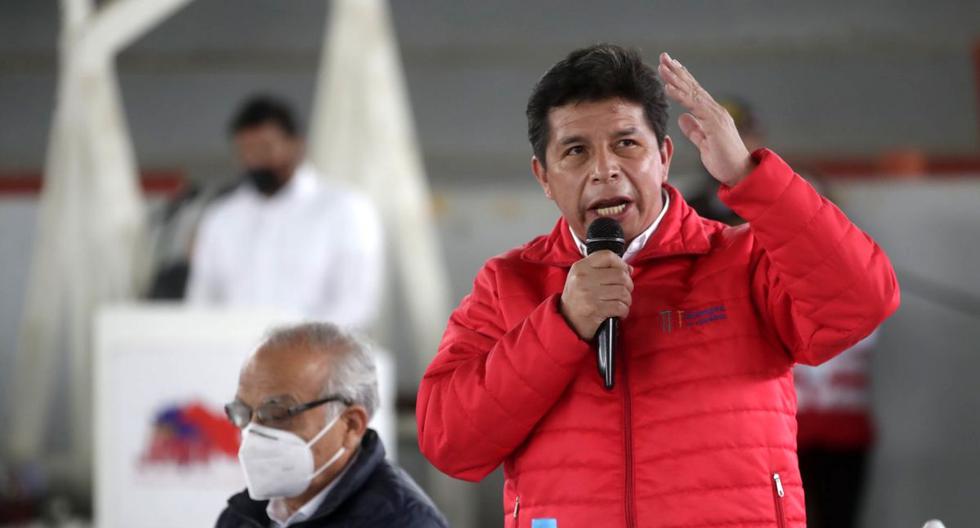The Ministry of Labor and Social Security (MTSS) considers that there is a genuine drop in informality in Uruguay, as dropped 3 percentage points, to 22%, during the pandemic Y did not go back upunlike the rest of Latin America.
The MTSS and the United Nations Development Program (UNDP) presented last Friday a report on the impact of the pandemic on the labor market.
The work, carried out since June 2021 by the UnStatistics Unit of the MTSS and the senior researcher of the Institute of Economics of the Faculty of Economic Sciences and Administration (FCEA), Matías Brum, analyzed the impact of the pandemic on the national labor market —with comparative references at the regional and global levels, estimating the short, medium and long-term impacts— and also made recommendations for action on employment policies. In this context, one of the many indicators analyzed was the informality.
Part of the report’s conclusions indicate that during the pandemic Informality fell throughout Latin America, due to the fact that a good part of the informal workers left the labor market. That is, this fall it was not because there was a greater record of workers in social security.
“What was expected was that those informals then return to the labor market, and informality rose again, which is what happened throughout Latin America, reaching pre-pandemic levels (50%)Brum explained.
“Nevertheless, Uruguay kept its informality levels three points below pre-pandemic levels (25%)comparing the data from 2019 with that of the second quarter of 2021,” reported Brum. He also said that, according to data from the National Institute of Statistics (INE), Available as of February this year. the drop in informality continues
According to the report’s findings, the half of the drop in informality is due to structural changes in the labor marketthat is, people who changed their place of work and moved from the sector of activity in which they wereto one of more formality.
This is associated with a change in the size of the company. “The pandemic implied the loss of micro-enterprises and self-employed workers without premises, a part of these people remained inactive, and another found work in larger companies or more formal sectorsBrum added.
The Minister of Labor and Social Security, Pablo Mieres, For his part, he pointed out that “Informality fell and it had to be studied, because it deviates from the regional and even global trend. And as has been shown, there is a genuine impact, a real reduction“. The hierarch maintained that, in part, this may be related to “the pre-existing social safety net“.
“Uruguay is a country that for decades has been accumulating many growing instruments, increasingly broader in terms of coverage and social protection. In other countries, that alternative was suddenly not available or was reduced to a few people,” he said.
In this sense, he mentioned a report of the International Labor Organization (ILO) prior to the pandemic, which indicated that in Latin America only 17% of workers had unemployment risk coverage.
“If we remove Uruguay and Chile, that drops to 7%. Uruguay has, adding public workers with formal private workers, almost two thirds of coverage“, he expressed.

















